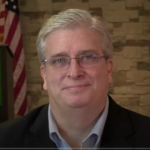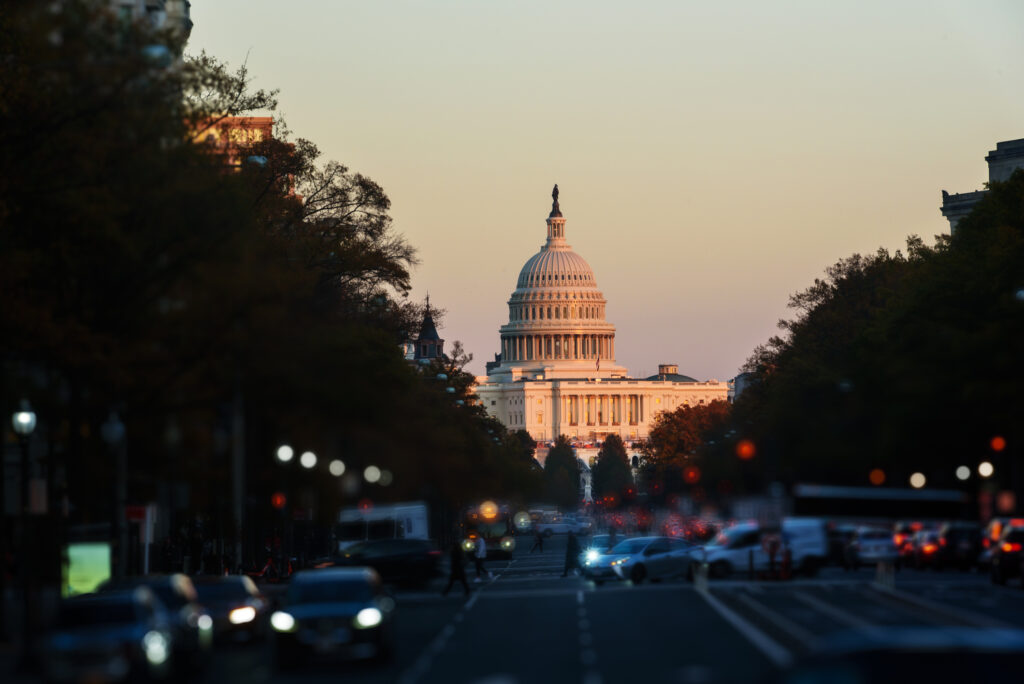The Federal Communications Commission’s net neutrality rules were published Monday in the Federal Register, starting a 60-day clock for opponents to challenge the regulations. Also this week, Republicans in the House of Representatives introduced legislation that would have Congress approve a “fast track” review of government regulations, including net neutrality. The regulation is also being challenged by a slate of lawsuits.
The following statements from technology policy experts at The Heartland Institute – a free-market think tank – may be used for attribution. For more comments, refer to the contact information below. To book a Heartland guest on your program, please contact Director of Communications Jim Lakely at [email protected] and 312/377-4000 or (cell) 312/731-9364.
“The FCC did not impose strict net neutrality rules to solve a problem for consumers, who wield power in the market to correct any ‘harm’ to their digital wants and needs. FCC imposed net neutrality to gain control over the digital economy – and force the big players in the industry to put the whims of government bureaucrats ahead of the needs of their customers.
“If the congressional and legal challenges to this illegal government power-grab fail, it will lead to the end of the flexible, responsive, and innovative digital economy we have always known. It was a good run while it lasted.”
Jim Lakely
Co-Director, Center on the Digital Economy
Director of Communications
The Heartland Institute
[email protected]
“Net neutrality has strong negative effects on broadband development, blocking Internet service providers from managing the networks they spent billions of dollars to develop. When the profit incentive to build new networks is blunted by burdensome regulation, regulators should not be surprised when providers are reluctant to expand. This disincentive hurts both the telecom industry and consumers, who lose out on new products and services.
“Supporters of net neutrality have argued that absent neutrality laws, ISPs would be able to create tiered high-speed access lanes on the Internet, leaving the fastest connection for the wealthiest customers while relegating lower-income consumers to lower-speed connections. There has been no indication that this will happen. Any company that would choose to offer its customers reduced speeds would likely lose customers to more reasonable competitors.
“The best way to ensure fair service is to promote competition by reducing, not adding, regulations.”
Matthew Glans
Senior Policy Analyst
The Heartland Institute
[email protected]
The Heartland Institute is a 31-year-old national nonprofit organization headquartered in Chicago, Illinois. Its mission is to discover, develop, and promote free-market solutions to social and economic problems. For more information, visit ourwebsite or call 312/377-4000.





